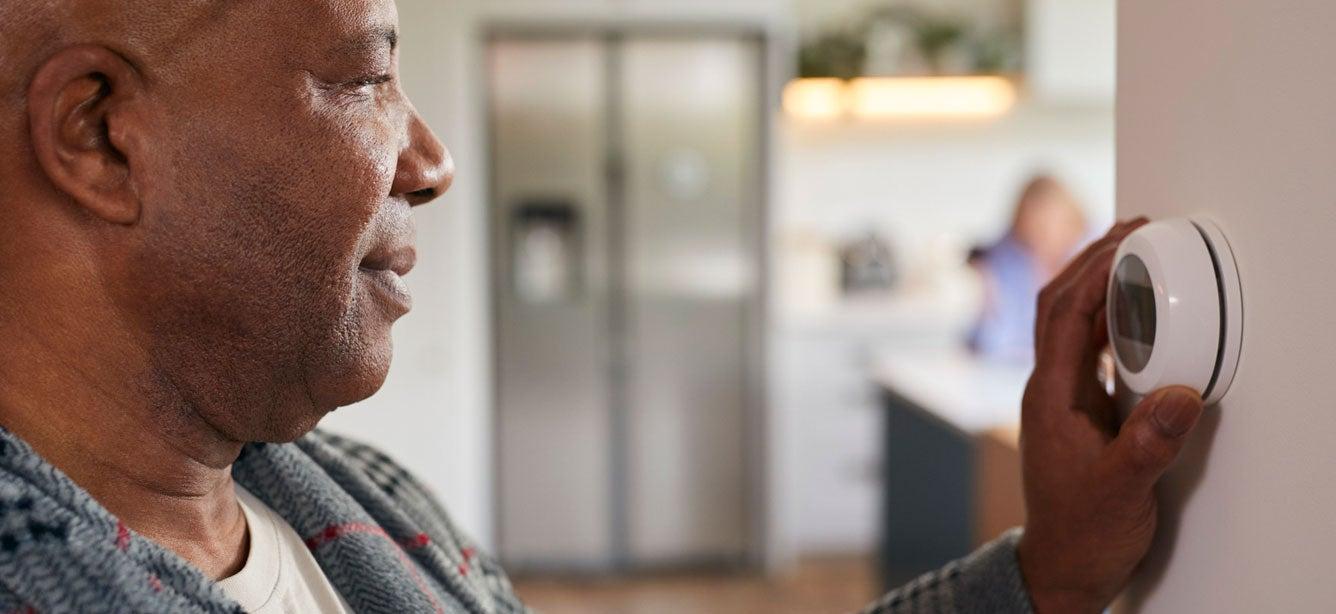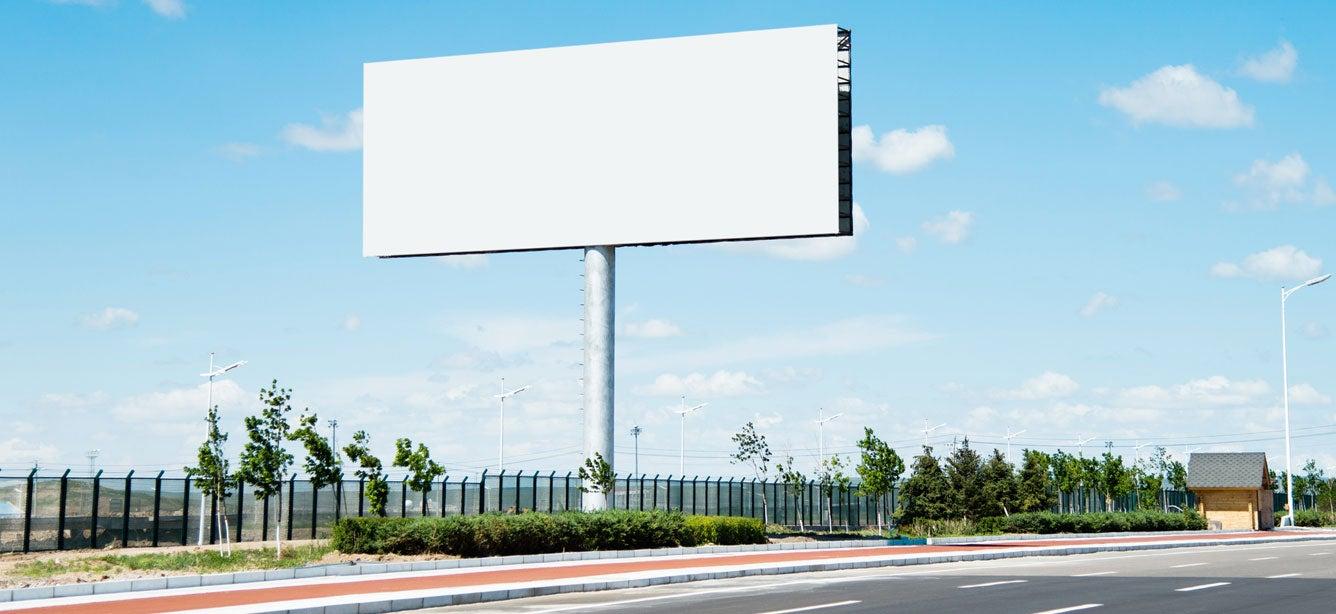How to Partner with Libraries for MIPPA Outreach
4 min read

Libraries are a critical resource for community members, offering internet connection, classes, and other services beyond traditional book-lending. The Wisconsin State Health Insurance Assistance Program (SHIP) leveraged its partnership with local libraries to conduct virtual MIPPA outreach and Medicare education during the COVID-19 pandemic. Here the SHIP offers tips to other MIPPA agencies on how to cultivate this relationship with insititutions in your community.
Know your own goals and be sure they align with any potential partner
When conceiving a partnership, it is important to think win-win. Early conversations with any potential partner should include how both parties benefit from the collaboration.
With the WI SHIP/library partnership, the SHIP identified its win as an opportunity to share information through a trusted community partner, increase awareness of the SHIP program, and increase the benefits access knowledge of library patrons. The library would benefit because Medicare seminars or webinars bring in new clientele and/or cause existing patrons to see the library as a broader source of information beyond traditional reading and listening materials.
Build a lasting relationship
Relationships are the backbone of any partnership and building a relationship takes time. If you find that a potential partner is not returning an initial phone call or responding to an initial email, check to see if a staff member, a volunteer, or current community partner has a connection within the organization. Building on an established relationship can often open the door and provide the opportunity to explain your value.
For the Wisconsin library partnership, the SHIP identified the libraries that it wanted to target and built a relationship with key staff members. Each library is different and in turn the SHIP staff developed relationships with a wide variety of different staff members including the head librarians, special events coordinators, community educators, or the adult enrichment staff. They found that the head librarian can often direct you to the appropriate staff person at the library.
Once a strong working relationship is established with a partner (built on years of collaboration), then both partners have the freedom to try new or different initiatives and/or events. The importance of being a courteous and professional partner cannot be overstated, for it is one of the keys to sustaining relationships and ensures doors remain open year after year. The WI SHIP’s long-standing relationship with their local libraries allowed them to pivot to virtual meetings during the pandemic.
Be clear about your audience
Explain to the library who your audience is for your presentation/outreach activity. Also think about the location of the library and who might live in that area. It is important to demonstrate that you see the community and are prepared to adapt your presenters and presentation to reflect the needs of the anticipated audience members.
In Milwaukee County, for example, several of of the SHIP's partner libraries are in neighborhoods with a large Latino population, therefore they made sure that the presentations included a Spanish version. The SHIP works to reduce language and cultural barriers to help ensure that their outreach messages come across to multiple audiences.
Consider event logistics
When doing in-person outreach at libraries think through components of the building and the location: the size and type of room needed to accommodate the anticipated number of attendees, A/V equipment needs, parking, accessibility, and centralized location in the city or targeted area of the city. Be prepared to assist in room set-up or provide the equipment needed for the presentation.
When doing virtual events in partnership with a library, determine who will host the virtual platform and what platform you will use. An important consideration which must be agreed upon is whether the meeting link will be made public (more open) or whether the event will require participants to register in advance and then receive the meeting link (more closed).
You probably only have a 60–90-minute presentation window, so think about what you want to prioritize in this time. It may be a general overview touching on major aspects or it could be a deeper dive into one area. As you think through goals, also build in time for audience engagement, questions, and interaction – these are often the elements of the presentation people remember the most.
Don't forget promotion
Doing events together with community partners strengthens your content and the reach of your promotion. As you put together the promotional materials be sure to recognize each partner involved and include their logo if possible. Ask the library about any opportunities to promote the event through their location—physical signs, a newsletter, website, event calendar, listserv, Facebook, etc. Do the same with your other partners so that your event has the widest possible reach.
Advertising should go out at least 4-6 weeks in advance. If a series of presentations are planned, then create a flyer or advertisement for the series. With dates stretching out over several months or even a year, the advertisements can remain in place and relevant, thereby creating traction and exposure for the events and your organizations.
For more information on Wisconsin’s library partnership please contact Bekki Schmidt at Rebecca.Schmitt@milwaukeecountywi.gov.


